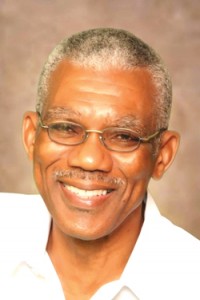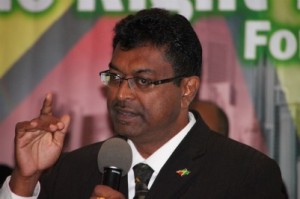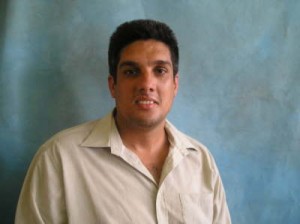– out of their depth economically, but bent on stymieing the country’s progress
By Ron Cheong
All of society has a stake and a role in combating corruption. It is endemic in the developing world. And though generally much more contained in the developed world, the reach and ravage of corruption spawned in developed countries can be profound and transnational, as in the case of Halliburton to name a single well-known instance.
This does not imply that corruption in Guyana is acceptable. As the country moves forward – if it is to continue its remarkable progress from the second poorest country in the Western Hemisphere behind Haiti in1992, to its low middle income classification currently, all levels of government, civil society, individuals, the media, private sector and political parties have important roles to play.
That task is being made all the more difficult by the political opposition, which the scheduled series of debates exposed to be more interested in creating confusion and disunity than involving themselves in the genuine and tough work of reining in corruption.







Comments are closed.